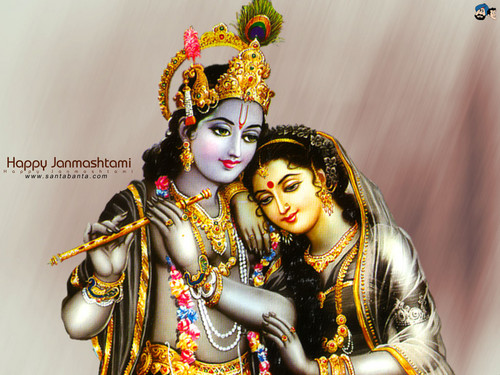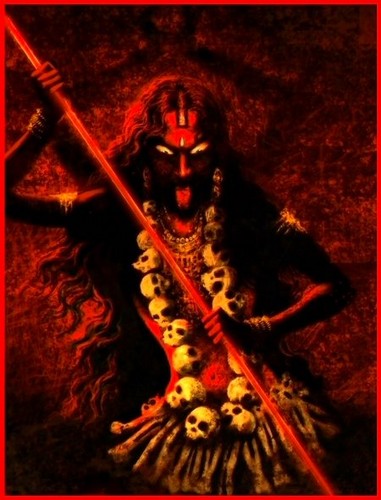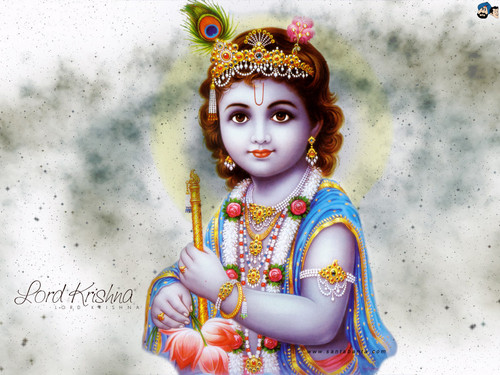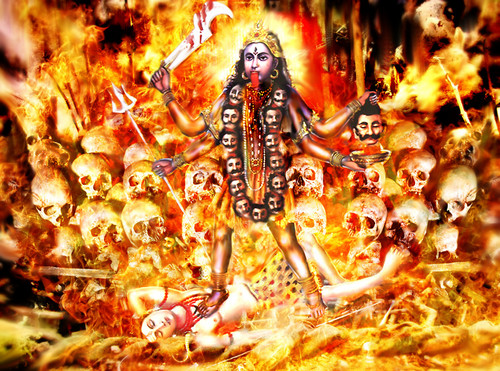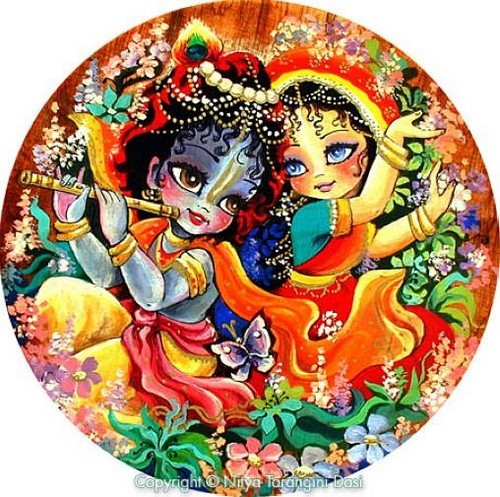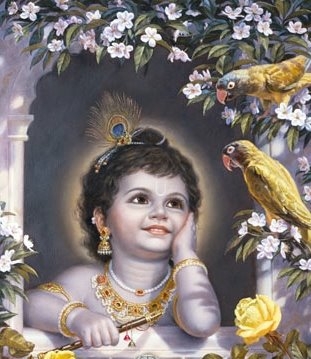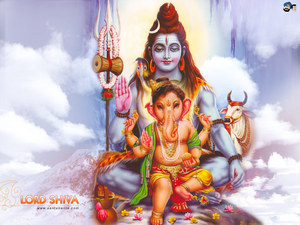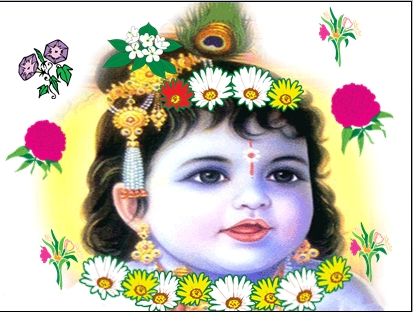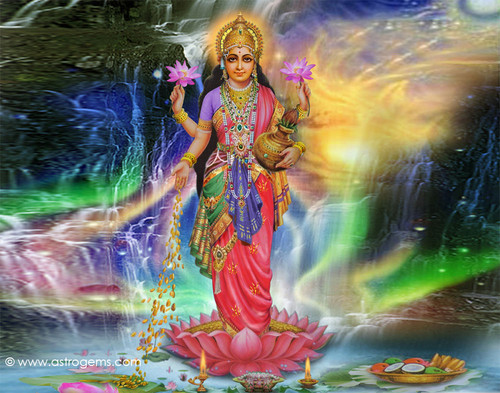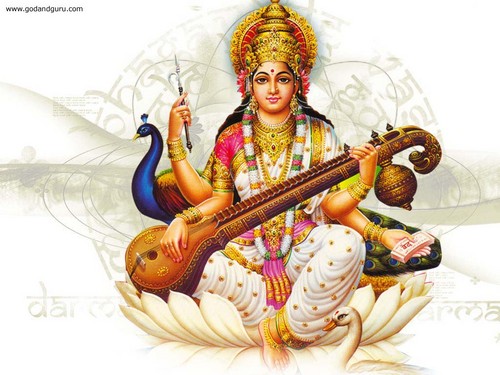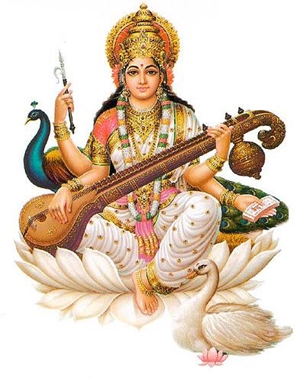Nanda was the head of a community of cow-herders, and he settled in Vrindavana. The stories of Krishna's childhood and youth tell how he became a cow herder,[52] his mischievous pranks as Makhan Chor (butter thief), his foiling of attempts to take his life, and his role as a protector of the people of Brindavana.
Krishna killed the demoness like Putana, disguised as a wet nurse, sent by Kansa for Krishna's life. He tamed the serpent Kāliyā, who previously poisoned the waters of Yamuna river, thus leading to the death of the cowherds. In Hindu art, Krishna is often depicted dancing on the multi-hooded Kāliyā.
Krishna lifted the Govardhana hill and taught Indra, the king of the devas and rain, a lesson to protect native people of Brindavana from persecution by Indra and prevent the devastation of the pasture land of Govardhan. Indra had too much pride and was angry when Lord Krishna advised the people of Brindavana to take care of their animals and their environment that provide them with all their necessities, instead of worshipping Indra annually by spending their resources.[53][54] In the view of some, the spiritual movement started by Lord Krishna had something in it which went against the orthodox forms of worship of the Vedic gods such as Indra.[55] In Bhagavat Purana, Lord Krishna says that the rain came from the nearby hill Govardhana, and advised that the people worshiped the hill instead of Indra. This made Indra furious, so he punished them by sending out a great storm. Lord Krishna then lifted Govardhan and held it over the people like an umbrella.
The stories of his play with the gopis (milkmaids) of Brindavana, especially Radha (daughter of Vrishbhanu, one of the original residents of Brindavan) became known as the Rasa lila and were romanticised in the poetry of Jayadeva, author of the Gita Govinda. These became important as part of the development of the Krishna bhakti traditions worshiping Radha Krishna.[56]
Krishna killed the demoness like Putana, disguised as a wet nurse, sent by Kansa for Krishna's life. He tamed the serpent Kāliyā, who previously poisoned the waters of Yamuna river, thus leading to the death of the cowherds. In Hindu art, Krishna is often depicted dancing on the multi-hooded Kāliyā.
Krishna lifted the Govardhana hill and taught Indra, the king of the devas and rain, a lesson to protect native people of Brindavana from persecution by Indra and prevent the devastation of the pasture land of Govardhan. Indra had too much pride and was angry when Lord Krishna advised the people of Brindavana to take care of their animals and their environment that provide them with all their necessities, instead of worshipping Indra annually by spending their resources.[53][54] In the view of some, the spiritual movement started by Lord Krishna had something in it which went against the orthodox forms of worship of the Vedic gods such as Indra.[55] In Bhagavat Purana, Lord Krishna says that the rain came from the nearby hill Govardhana, and advised that the people worshiped the hill instead of Indra. This made Indra furious, so he punished them by sending out a great storm. Lord Krishna then lifted Govardhan and held it over the people like an umbrella.
The stories of his play with the gopis (milkmaids) of Brindavana, especially Radha (daughter of Vrishbhanu, one of the original residents of Brindavan) became known as the Rasa lila and were romanticised in the poetry of Jayadeva, author of the Gita Govinda. These became important as part of the development of the Krishna bhakti traditions worshiping Radha Krishna.[56]

Shiva is usually worshipped in the aniconic form of lingam. He is described as an omniscient yogi, who lives an ascetic life on Mount Kailash,[2] as well as a householder with a wife Parvati, and two sons, Ganesha and Kartikeya. Shiva has many benevolent as well as fearsome forms. He is often depicted as immersed in deep meditation, with his wife and children or as the Cosmic Dancer. In fierce aspects, he is often depicted slaying demons.




